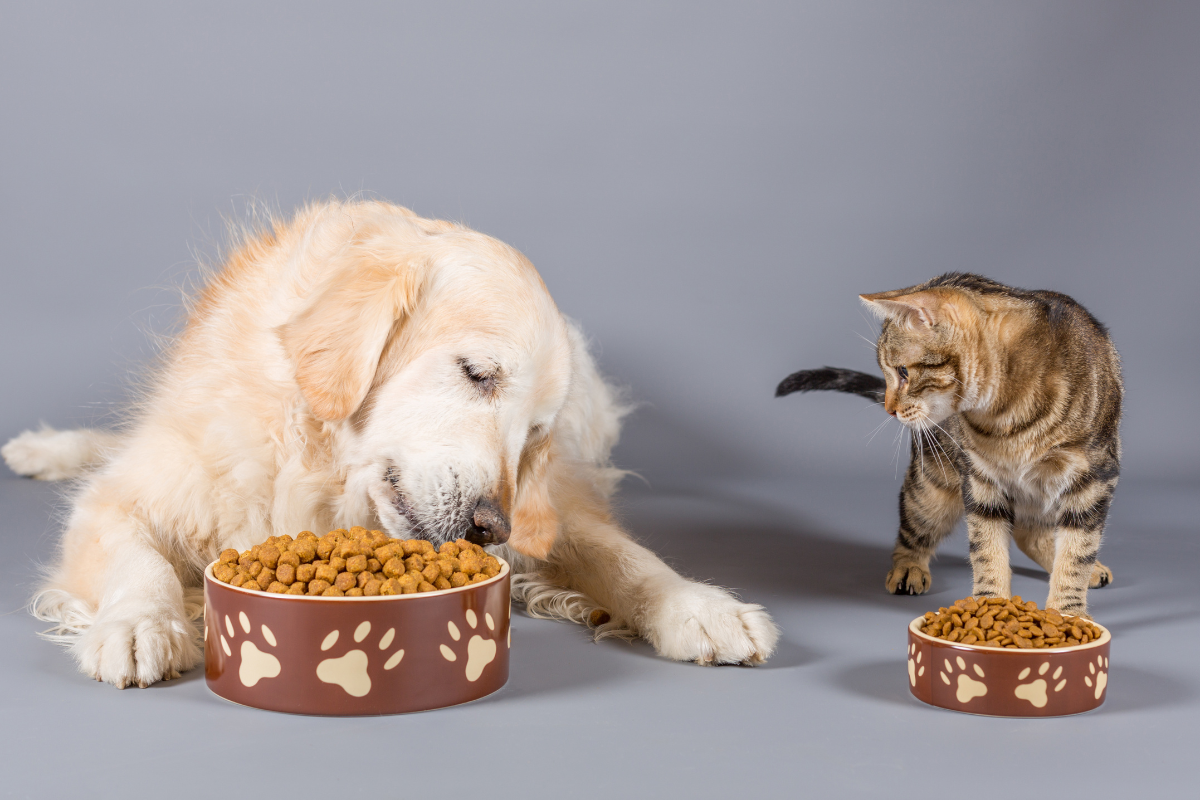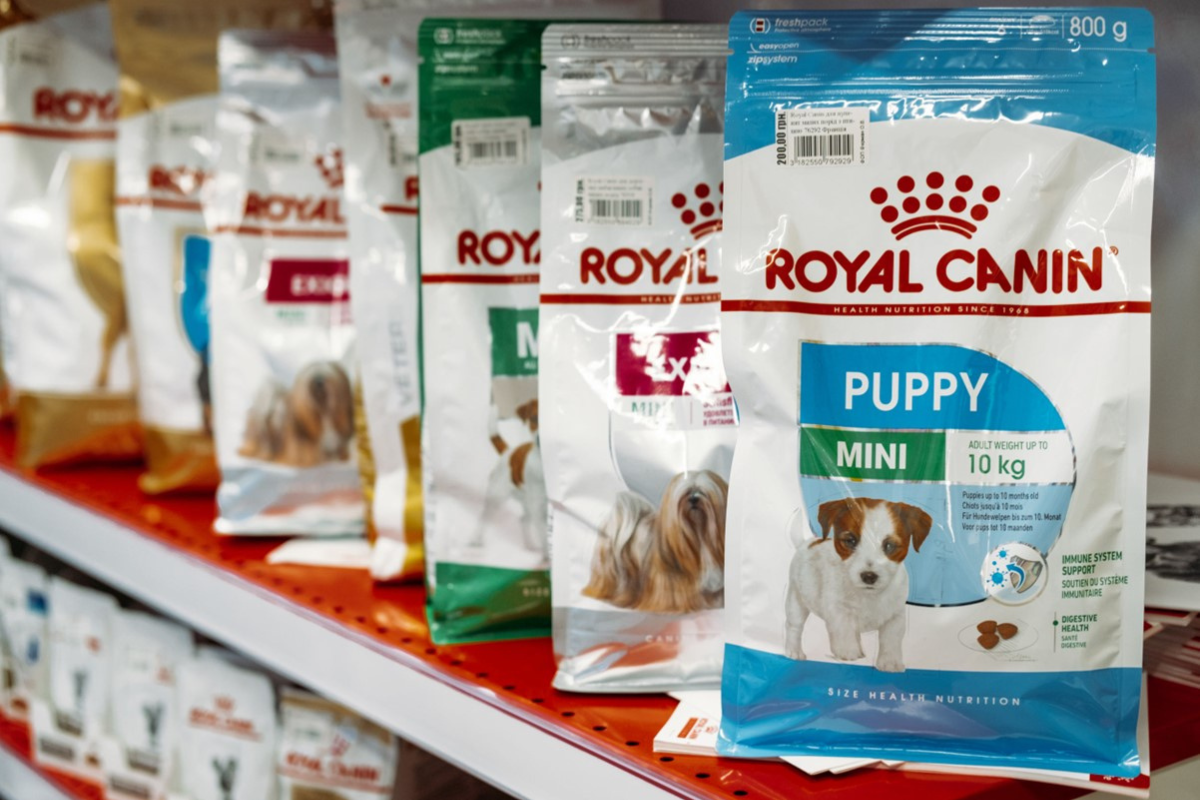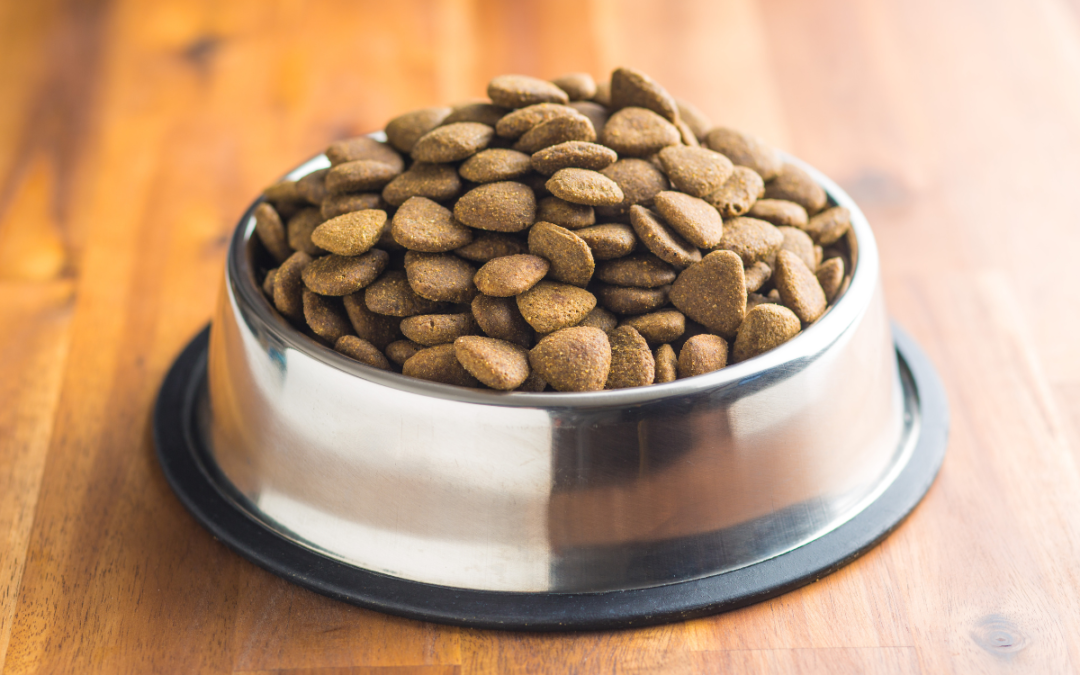The FDA sought to find this out when they began studying a growing number of cases filed where dog owners lost their pets to a particular type of canine heart disease. Sadly, many of the pets lost were being fed grain-free diets. In 2019 they began researching the potential connection, and the news quickly spread throughout the pet owner and veterinary communities.
Like people, dogs are omnivores. They require a nutritious blend of meats, vegetables, and grains in their diet for optimum health. Yet, many people feed their four-legged family members grain-free diets, citing healthier skin, coat, and digestion. The FDA’s study of a link between the two has sparked debate among dog food manufacturers, veterinarians, and owners. The FDA cited the increased potential of a canine heart disease called Dilated Cardiomyopathy or DCM in dogs subsisting solely on grain-free diets.
What is DCM?
DCM is a particular type of canine heart disease that primarily affects the heart muscle, not just its venous and arterial network. Dogs with DCM have a reduced ability to pump blood, leading to congestive heart failure. This is especially true in larger breeds that pump blood farther throughout the body–breeds such as Doberman Pinchers, Great Danes, Newfoundlands, Irish Wolfhounds, and Saint Bernards, where there is often a genetic predisposition to DCM. While less common in smaller breeds, DCM can also be found in English and American Cocker Spaniels.
The FDA noticed in reports submitted to it for this study that many breeds without a genetic predisposition to DCM were becoming more common in atypical breeds like Golden Retrievers, Labrador Retrievers, Whippets, Bulldogs, and even Shih Tzus. The common denominator in all these atypical DCM cases what that the dogs were consistently fed grain alternatives in their diets.

What is the Concern with Feeding Grain-Free Pet Food?
What do veterinarians know about grain-free diets causing heart disease in dogs? Most of the diets in the reports are labeled “grain-free,” and affected pets have typically been eating them for several months or years.
The diets don’t contain wheat, corn, soy, rice, barley, or other grains but do contain a large amount of peas, lentils, other legumes, and/or potatoes in different forms (for instance, you may see “peas,” “pea protein,” or “potato flour” listed in the ingredients). Another similarity is that many diets have been from smaller (boutique) pet food companies.
Which Diets were Named in the Cases Reported to the FDA?
Most of the reported diets are dry “kibble-style” dog food, although some are wet, semi-moist, or raw foods. The FDA posted an update that includes a list of the dog food brands named most often in the reports.
What About Cats… Do I Need to Worry if I’m Feeding My Cat a Grain-Free Diet?
It seems less likely. According to the FDA study, very few cats have been diagnosed with DCM. There is a link between some grain-free diets and heart disease, but the jury is still out regarding cats.

A University of California, Davis Study Backs Up the FDA’s Findings
Veterinarians teamed up with researchers at the University of California’s Davis campus. They found a link between some popular grain-free, legume-rich dog diets, which led to a type of nutritional deficiency that sparked another cardiac issue- routine-deficient DCM- and recently published their findings in the journal PLOS One.
Taurine is an amino acid that is important to heart health. The study, like the one conducted by the FDA, found that the culprit was boutique pet foods–those that contained foods not typically found in the canine diet, like peas, potatoes, and lentils. These two studies led the FDA to alert pet owners and veterinarians about the potential association between such trendy diets and DCM. While some dog owners want to avoid “byproducts” in their dog’s diet, those are often derived from organ meats like heart and kidney, which are excellent sources of taurine.
Should I be Concerned About Heart Disease if I’ve Been Feeding Grain-Free Food?
There are many things still unknown about DCM and its link to grain-free diets. Experts don’t know enough about what’s causing heart disease in dogs who eat a grain-free diet.
The most important thing is not to panic. Most dogs eat pet food without getting heart disease from it. In addition, diet-related DCM (such as in these cases) may be improved by changing the dog’s diet. It does seem that the risk is real. Not all cases of heart disease are reported to the FDA, so the numbers may be higher than what’s reported.
What if I Still Have Questions?
To learn more, you can visit the FDA’s site here. The Clinical Nutrition Service at Tufts University is also staying on top of this investigation. Click here for more information.
What Pet Food Do the Veterinarians at Jacksonville Community Pet Clinics Recommend?
At Jacksonville Community Pet Clinics, our vets recommend Purina, Hill’s Science Diet, or Royal Canin pet foods. We believe it is safest for pet owners to avoid feeding grain-free diets until we know the specifics about what’s causing heart disease in pets. Ask for our pet food recommendation for your pet.

What Should I Do if I’m Feeding My Pet a Grain-Free Diet?
Call to schedule an appointment. Our veterinarians at Jacksonville Community Pet Clinics can examine your pet at our Beaches or Westside locations or one of their mobile pet clinic stops on Saturdays.


